Pakistan’s military and elite are holding it back: US analyst
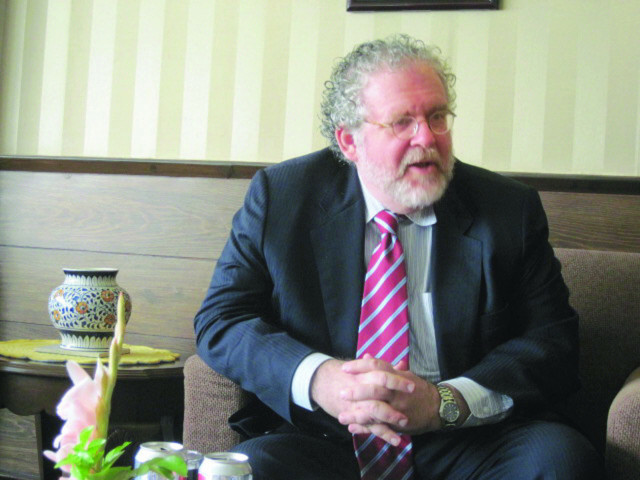
“[The military and elite] make the country appear very dynastic,” said Mead, who is visiting Pakistan for the second time after 2007. Until recently, he was the Henry A Kissinger senior fellow for US foreign policy at the Council on Foreign Relations.
Mead is interested in understanding why American foreign policy so unpopular in Pakistan - what is it that America misunderstands about Pakistan and what is it that Pakistanis don’t understand about US foreign policy. He said he wants to work on crafting new ways to develop trust between the two allies in the fight against extremism.
“It is not in America’s interest to see Pakistan under threat or bullied by its neighbor,” said
Mead said that Pakistan that has a growth rate of eight to 10 per cent, which has improved socio-economic indicators, investment in infrastructure and development, which leads him to be confident about its fundamentals.
After reporting from Pakistan, he identified four main reasons - India, Afghanistan, Islam and the unwelcome influence of the US in Pakistan - for the growing mistrust between Pakistan and the US. Both countries need to have in-depth dialogue on their issues. “It should be an honest and candid talk about each other’s fears, including India and Afghanistan, keeping all the cards on the table,” he stressed. This is how relations will be shaped in the future.
He justified America’s growing interest in India as a response to its emerging power and influence in the region and said that Pakistan needs to keep up if it wants to be treated like its rival. “India is a very fast-emerging economy and we have to respond to it accordingly,” he said. “They achieved that state themselves; we did not create that.”
He said that there was a time when India was equally concerned about the growing influence of China in the region as it could not keep up with its growth level. The same is now happening to Pakistan. India’s prominence in the region is a fact now and it is up to Pakistan to react and adopt to this change.
Answering a question on the Kashmir issue, Mead said that if Pakistanis think that, “we can wave a magic wand over India”, it simply wasn’t true. When the US could not move the 800,000 people of Cyprus even though the EU, UN, Greece and Turkey were on its side, how could it persuade more than one billion people in India to listen? However, America can play a role in improving Pakistan’s state so that it has a better standing, he said.
Now people in America see Pakistan more as part of the Middle East than the growing region of Asia. “Asia now comprises countries such as India, China, Japan and Vietnam for us,” he said. “We see Asia as the center of growth in the future with the Pacific being the ocean of world politics and not the Atlantic.” However, Pakistan has a key position as far as Afghanistan is concerned.
It is a legal obligation for all aid to reach Pakistan through its government, however, with the given level of corruption, it gets divided among the different ministries before it can reach the people it is meant for.
As far as the new world order is concerned, Mead said that it depends on how Pakistan secures an important role in the world in future. Pakistan needs to stabilise its security and economic position, focus on human development and look at the course of Talibanisation. “Pakistan needs to work on its internal strategy if not to please the Americans then for its own benefit,” he concluded.
Walter Russell Mead writes for several international publications and is on the editorial board of ‘The American Interest’ a think tank on American foreign policy http://blogs.the-american-interest.com/wrm/>
Published in The express Tribune, August 5th, 2010.


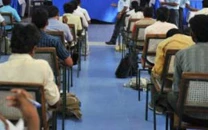
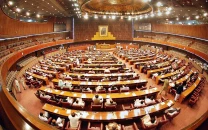


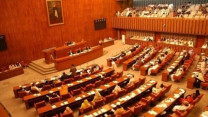





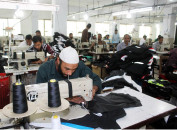
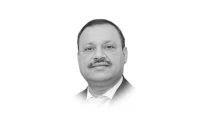



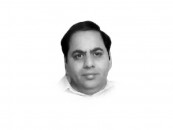

COMMENTS
Comments are moderated and generally will be posted if they are on-topic and not abusive.
For more information, please see our Comments FAQ